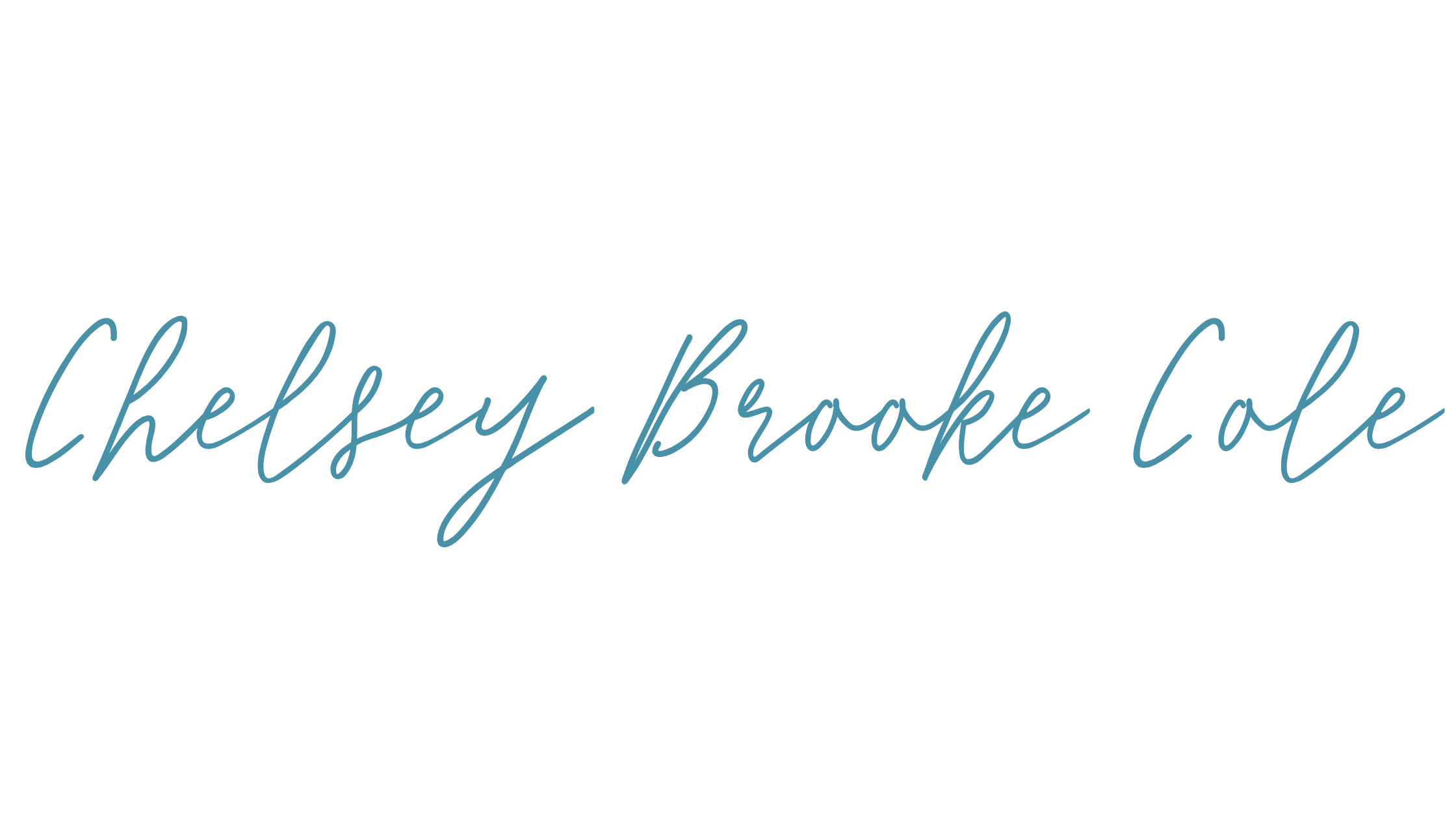
As a teenager, I remember being told by a boy I liked that I was “boring” and “shy”.
As you can imagine, the pain and embarrassment
What’s wrong with me? Why can’t I keep everyone’s attention with
These questions created a lot of insecurity, uncertainty, and self-doubt. Even though I knew I had something to offer, it seemed as though my strengths were more subtle, and subsequently less noticed.
I excelled at
I was especially exhausted with idle chit-chat and conversations that lacked depth and meaning.
Looking back, I now know that was just one of the many instances when I would feel misunderstood as an introvert, and, consequently, would devalue myself and my quiet qualities.
Perhaps you’ve had similar experiences when interacting with your extroverted counterparts.
Hearing statements like “you’re so quiet”, “you should speak up more”, or “you’ll grow out of it” can create significant self-doubt and even dislike for your quiet nature and introverted personality.
These misunderstandings often form the basis for introvert myths.
One of the biggest (and most dangerous) myths about introverts is that we don’t like people.
Buying into this myth can hinder introverts from not only understanding their need for social
We can become convinced that we (a) really don’t like people, (b) are too awkward, anxious, or weird to make friends, or (c) would be better off to avoid people altogether.
However, being understood and validated by others is a basic human need common to all people, regardless of personality type.
Even though introverts thrive on and become energized by being alone, we also need social interaction, just in lower doses.
Here’s how to manage your alone time and social time without feeling overwhelmed or overlooked:
1. Know your limitations.
Before you can know what type of and how much social interaction you need, you need to be clear on your limitations.
How many social interactions/gatherings can you comfortably manage on a given day? Understand your ideal number, then compare that to your responsibilities.
Given that introverts’ energy is drained by each social interaction, you may find that indirectly communicating with others (e.g., on social media, on text) may be less draining, but just as rewarding.
In this way, you can still feel connected and supported, while saving your energy for required face-to-face interactions.
2. Create opportunities for energy boosters.
Plan ahead and schedule times during the day to recharge.
Can you find a secluded place to have lunch or engage in an enjoyable activity during breaks?
Can you listen to your favorite music or audiobook while completing simpler tasks?
If you’re around people for most of the day, place a note on your office door letting people know when you’re available and when you’re not.
Most importantly, understand that your desire for alone time is necessary for your overall health and well-being, so be intentional about creating quiet moments of solitude and reflection.
3. Communicate your needs to others.
Given introverts’ inward focus and desire to accommodate others, we may forget to explain our need for space and silence. However, a lack of communication about our need to recharge alone can leave others feeling confused, hurt, or rejected.
Make a point to share your intention to hibernate with family or friends by simply noting your need to recharge in quiet and solitude.
Perhaps you can set a timer or mark the calendar to let others know when you plan to be “off limits”. Finally, let them know that when you’re ready, you’ll be happy to reach out and connect with them.
4. Recharge with Purpose
Finding time to be alone, while also utilizing our time in a way that is refreshing and engaging, has become increasingly difficult. With buzzing electronics and a multitude of distractions, even our moments of solitude can be loud and unsettling.
One easy way to find out what energizes you is to simply be aware of your energy levels throughout the day. What’s your favorite part of the day? When do you feel most energized/drained?
Pay attention to who’s around you (or perhaps more importantly, who isn’t), what you’re doing, what your environment looks like, and what your mindset is during these times.
Then, use your introvert superpowers of reflection and contemplation to form a mental picture of your own quiet bliss.
Once you know what that looks like, you can easily incorporate these components into your quiet time to increase your feelings of refreshment and rejuvenation.
Take Charge of Your Self-Care!
Using these simple techniques will help you set healthy boundaries with others and will allow you time to recharge and emerge as your best self.
Focus on providing concise, authentic explanations centered on an introvert’s need to recharge alone, as opposed to emphasizing how draining it is to be around others.
Increase your awareness of your energy levels throughout the day and purposefully engage in those activities or hobbies that inspire you the most.
Finally, embrace your strengths of independence, creativity, intuition, reflection, and insight and nurture these qualities with frequent bouts of hibernation and/or engagement in your favorite activities.
What self-care strategies have you found to be most helpful? I’d love to hear from you with a comment below!
If you’re looking to heal from narcissistic abuse or relationship trauma, I can help! I specialize in helping people heal from toxic, dysfunctional, or harmful relationships. I recommend starting here and getting my free bimonthly newsletter. Or contact me today about working together via therapy or coaching.

